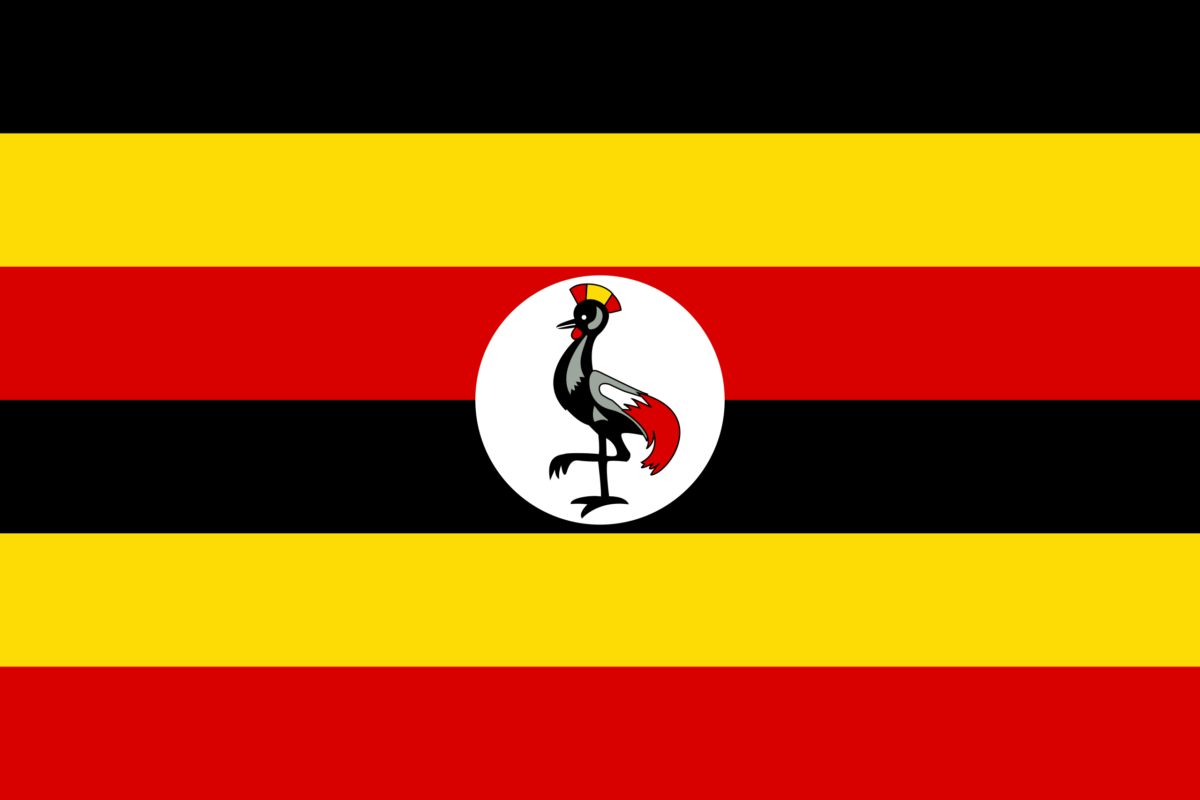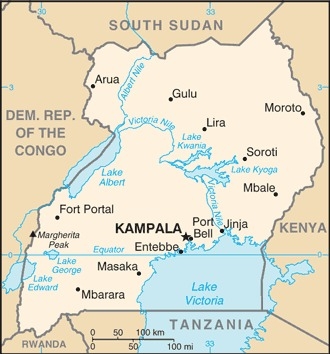Overview
The landlocked east African country of Uganda was, from 1894, a British Protectorate, until gaining independence in 1962. The early years of independence were dominated by tension between the government and the southern Bantu kingdom of Buganda. Milton Obote took control in 1966, but in 1971 was ousted in a military coup by General Idi Amin. Until his overthrow in 1979 Amin imposed a reign of dictatorial terror on the nation. Milton Obote returned to power, but rebels launched a civil war, which ran from 1980 to 1986. Since that time Uganda has enjoyed greater stability, although corruption is considered to be rife in the country.
What it means to be a Christian in Uganda
Christianity is the predominant religion in Uganda, with around 85% of the population identifying as Christian. There is a strong Evangelical presence (in, for example, the Anglican church) and in many places the church is vibrant and active.
However, recent years have seen a notable rise in radical Islam in parts of Uganda. Christian converts from Islam face pressure from family and their local communities. There have been reported cases of Christian converts being attacked and badly beaten; pastors and churches have been attacked, and some converts have been killed after their faith has become known.

